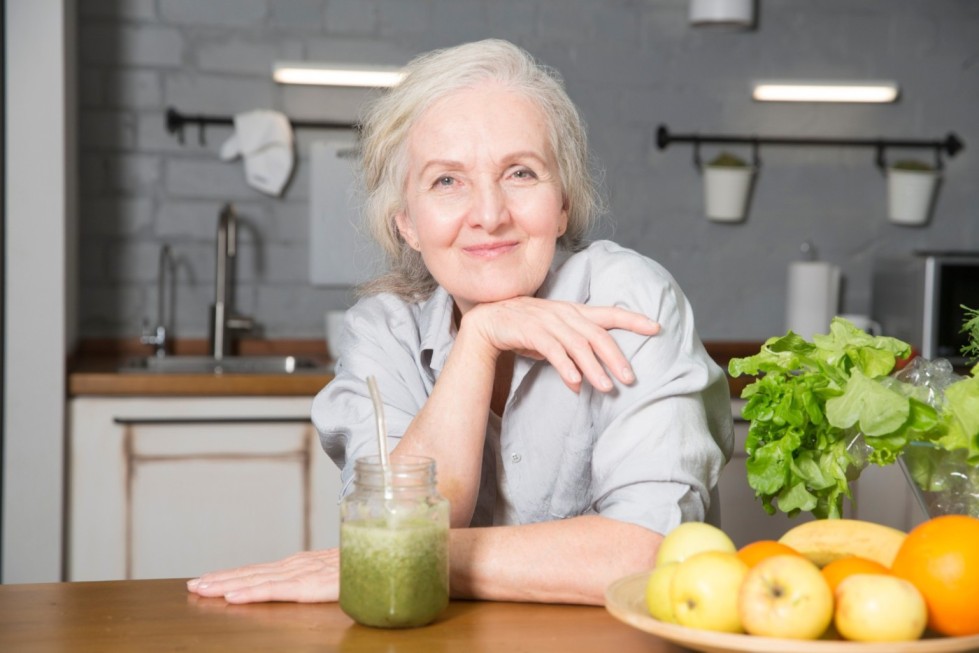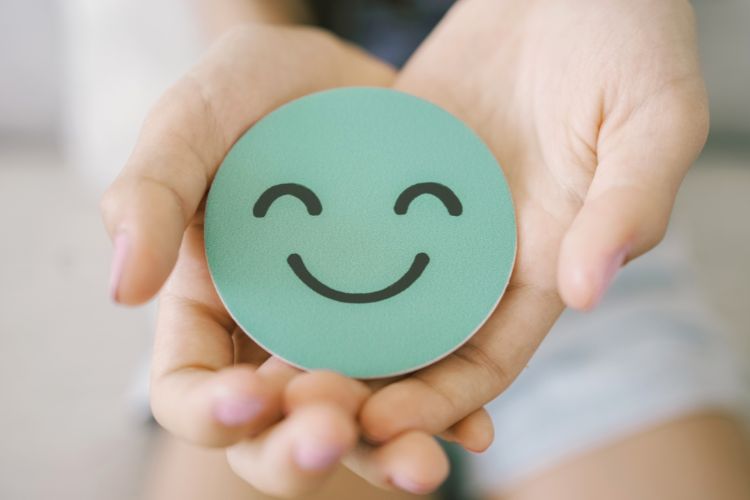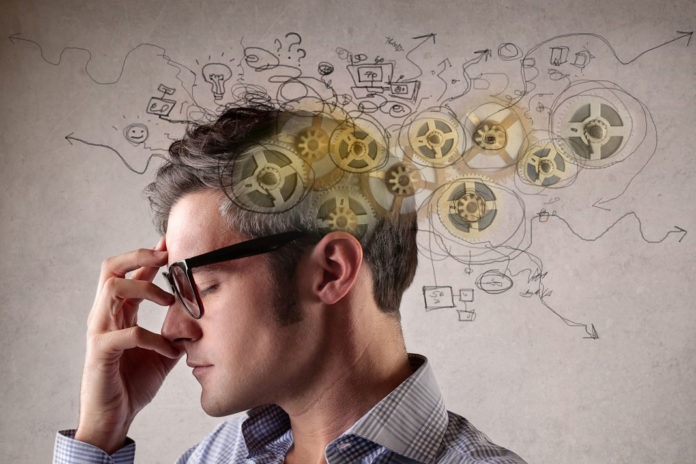Aging is a natural part of life, yet for many older adults, this journey can bring challenges that impact body image, self-esteem, and overall well-being. As people grow older, physical appearance and abilities naturally shift, often leading to feelings of low self-worth or negative self-perception. However, embracing these changes with the right mindset can turn the aging process into a period of empowerment and fulfillment, where confidence and resilience flourish.
Maintaining a positive self-image is essential for navigating later life, especially when health problems or changes in physical abilities arise. Read this article to explore practical approaches and lifestyle adjustments that can help older people nurture a strong sense of self-worth, celebrate their unique experiences, and redefine their aging journey as a vibrant, meaningful chapter of life.
1. Embrace Self-Acceptance and Body Satisfaction
Accepting that the body changes naturally over time is crucial to fostering a positive self-image. For some older adults, self-acceptance may mean working towards body satisfaction by focusing on inner growth and self-worth. As older people experience body image changes, shifting focus from physical appearance to overall well-being can significantly improve self-worth.
On the other hand, Mr. Andrew Pieri, a prominent cancer and cosmetic breast surgeon from Newcastle upon Tyne, noted that making changes to align physical appearance with self-perception can be empowering. For instance, some choose options like breast surgery or other cosmetic enhancements to help their body reflect the image they feel best represents them in later life.
Whether it’s through inner acceptance or outward changes, nurturing body satisfaction can significantly lift self-confidence.
2. Maintain an Active Lifestyle and Healthy Diet
Physical health is integral in shaping self-image, particularly in later life. Regular physical activity, even if it’s something as simple as daily tasks or a brisk walk, provides countless health benefits and supports body satisfaction by keeping older adults feeling strong and capable. Public health experts often highlight physical activity as one of the best ways to boost self-esteem, reduce stress, and improve overall mental health.
Aside from staying active, maintaining a healthy diet is also essential. Eating nutritious foods can provide energy, reduce the risk for chronic diseases, and improve physical appearance—all factors that support a positive self-image. In addition to physical benefits, a balanced diet contributes to mental health by enhancing mood and focus. Older individuals who adopt an active lifestyle coupled with a healthy diet are more likely to feel content and confident as they age.
3. Foster Social Connections and Engage in New Experiences
Social engagement has proven effects on mental health and self-esteem across all age groups, including older adults. Regularly connecting with friends, meeting new people, and staying engaged in meaningful activities foster a sense of belonging and purpose. These connections can reduce feelings of isolation, a factor that often contributes to a negative self-image.
One way to engage is by trying new things. Whether learning a new skill, volunteering, or joining a community group, new experiences can help older adults feel capable and valued, boosting self-confidence. Social connections, especially with family members or younger generations, can also bridge generational gaps, encouraging understanding and mutual support. Older people who stay socially active tend to report greater satisfaction with their body image and self-worth.
4. Practice Good Hygiene and Self-Care
Looking and feeling one’s best can make a world of difference for those struggling with self-image in their golden years. Good hygiene and personal care routines can boost confidence and promote a positive self-image. Simple practices, such as dressing well, grooming regularly, and maintaining skincare routines, allow individuals to feel more comfortable in their skin. Self-care isn’t just about physical appearance; it’s also about taking time for oneself, which reinforces the message that one’s well-being is worth the effort.
Taking pride in appearance can lift one’s spirits and create a ‘higher self’ perspective that resists ageism’s pressures. Thus, investing in self-care can be a powerful act of self-worth, reminding oneself that aging doesn’t equate to fading away but rather growing into a new chapter of life.
5. Seek Out Support and Resources for Body Image and Aging
Learning about how others experience old age can help us understand them better and make us feel less alone. Additionally, public health programs often offer workshops or counseling that support body image and mental health in aging.
There are also support groups where older adults can share experiences and encourage one another. Talking with others facing similar challenges can lead to a greater sense of community and higher self-acceptance. The good news for older individuals is that societal awareness about ageism and body image issues is growing, leading to increased resources and support systems dedicated to positive self-image in aging.
Final Thoughts: Embrace the Aging Process
Redefining self-image as one age is about celebrating all that later life has to offer. It’s about acknowledging and embracing changes with self-confidence and resilience. For young people, aging might feel distant, but understanding that self-worth transcends appearance is a lesson that benefits every generation.
Older adults can handle aging gracefully by staying active, building social connections, taking care of themselves, and reaching out for support. Age doesn’t define worth, and maintaining a positive self-image throughout one’s golden years is a testament to self-love and resilience. By focusing on mental and physical health, older adults can enjoy fulfilling lives, cultivating a healthy self-image that shines through every stage of life.















